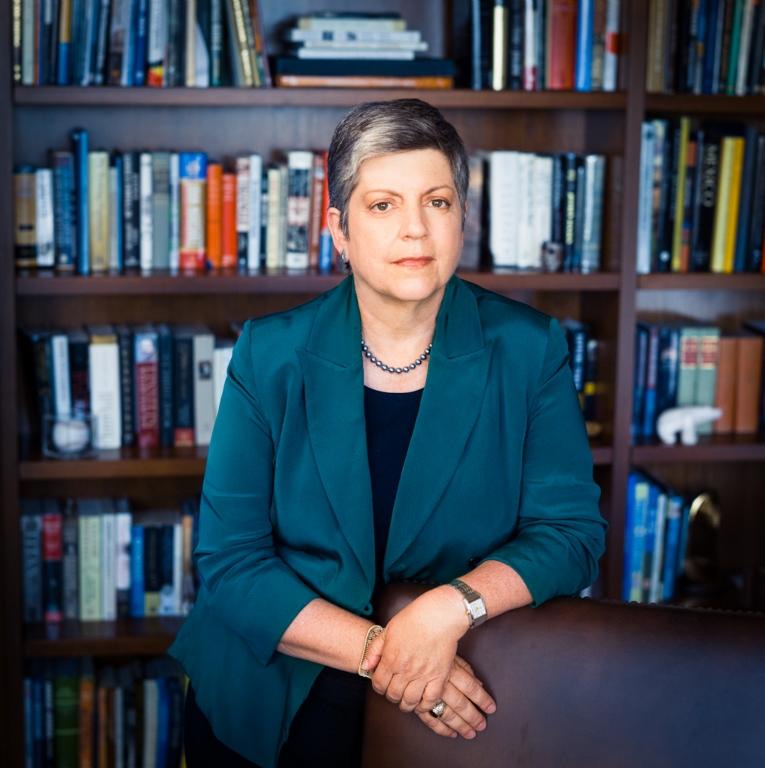UC President Janet Napolitano is temporarily holding the tuition fee increase of five percent, until the beginning of the upcoming academic year starting fall 2015. Because the proposal has bipartisan support, the UC Board of Regents is doing this in hopes that other alternatives will be proposed by the state.
Since 2008, UC tuition had been at a fixed cost, currently at $12,804. However last Nov. 19, 2014, the Regents had a meeting at UC San Francisco where they voted 7-2 on the five percent tuition increase proposal. Which will have a hard impact on students for the next 5 years.
Because the system keeps on growing, along with the rate of enrollments, the idea behind it is to bring economic stability to the UC system and increase the number of undergraduates.
California Gov. Jerry Brown, who opposes the proposal, has made efforts to provide UCs with state funding. Right now at four percent annually, the state budget is just not cutting it. Latimes.com states that the increase will total about $2,760 by the 2019-2020 academic year for California residents, making it $15,564, which averages an additional $690 per year. It is a semi-reasonable amount, but then again, it hurts! However, officials point out that only 30 percent of students pay the full tuition amount.
In article on huffingtonpost.com, according to UC Vice President and Chief Financial Officer Nathan Brostrom, families with annual incomes above $175,000 would most likely take the hit with the tuition increase. While families earning between $100,000 and $150,000 would likely see the tuition fee drop due to middle-class scholarship programs. Brostrom says that more than half of all UC students will continue paying no tuition thanks to financial aid programs. If adequate regulations are applied, the plan could have the positive outcome that the Regents are aiming for.
This is just a revolution on the educational system of California, and it is unfortunate that this generation is the one affected by it. Getting an education is a fundamental human right, but also a privilege. Perhaps my view on this is a little strong, since I come from El Salvador, a country like many other places around the world where education is not even within reach by many.
There is no doubt that education is not cheap, and it sucks. But it is what it is and until other alternatives are proposed, it must be assimilated. As for now, students should look at it as an investment, because one day it will be one of us making big decisions and trying to make changes to benefit everyone. “The pressure of not having enough money can force creativity that otherwise can’t be considered” said Brown, and these are the type of alternatives we are hoping for.




